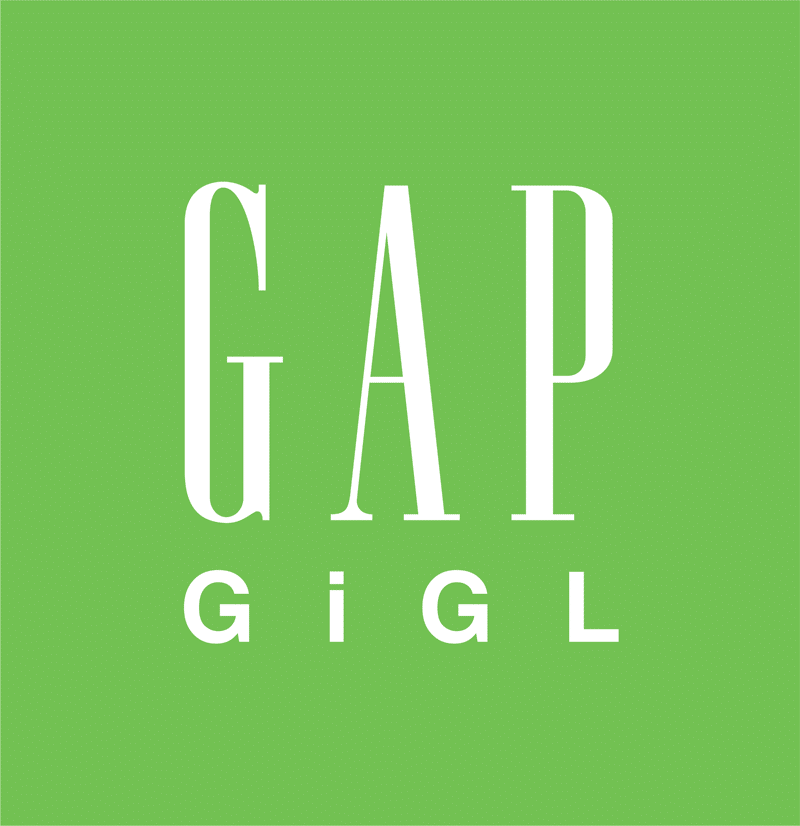Chloë Smith, GiGL Partnership Manager

As a Community Interest Company, GiGL is legally steered by our Board. GiGL is also an active member of ALERC, SELERC and the NBN which help with understanding and best practice across our sector.
We have also always had a number of active advisory groups to help guide the development of our policies and approaches to data management. Working with advisors means that we broaden our expertise about London’s wildlife, greenspaces and built environment and receive practical guidance on addressing audience needs in each of these areas.
Previous incarnations of our advice groups included the Recorders Advisory Group and the Open Space Data Advisory Group. The RAG was instrumental in helping GiGL to establish our approach to managing sensitive records, and to developing our policy on access to data and the data search service. The OSDAG was set up when GiGL was building the open space dataset for London and assisted greatly with the direction of its development. Last year, we invited contacts to join a new combined “GiGL Advisory Panel” giving us an even wider range of industry knowledge and expertise.
The GAP members cover a range of expertise including volunteering, taxonomic identification, habitat management, the built environment, parks, planning and ecological consultancy. The GAP members list is available on our website.
The panel will meet quarterly to discuss a themed topic; with a remit that includes helping the GiGL team to make technical decisions, collaborating on the drafting of documentation, and ensuring our decision making is up to date with relevant industry or environmental context. Outside of meetings, the GAP members will alert GiGL to new information or policy relevant to our work and act as advocates for GiGL within their areas of interest or industry.
Most GAP members were able to attend our inaugural meeting at the end of September, where we discussed and finalised the group’s terms of reference.
The GAP also helped to redraft our access to data policy. In addition to our direct data services, we are moving towards sharing more data with a greater number of end-users via the NBN Gateway. This will provide opportunities to reach new audiences and use web-services to visualise data. But our access policy needed amending to allow this to happen. The GAP discussed the wider subject with us and approved changes to the policy, which GiGL will now update.
The second meeting was held in December and focused on management of species record data, including our regular check with species experts that the confidential taxa list reflects current ecological statuses and is fit for purpose to protect sensitive species.
Attendees also approved an approach to evaluate a record’s likeliness of being a particular, designated, sub-species, in the absence of that level of classification detail in the original record. GAP members will now undertake this detailed evaluation for taxa within their expertise. The end result will be a more range-appropriate approach to highlighting sensitive wildlife to data users.
We are enormously grateful to the panel members for volunteering their time and expertise to support GiGL’s development and services. Working in collaboration with representatives of our own sectors makes us a stronger Community Interest Company.
Chloë is GiGL’s Partnership Manager and co-chairs the GAP with GiGL’s Community Manager, Maria Longley.
